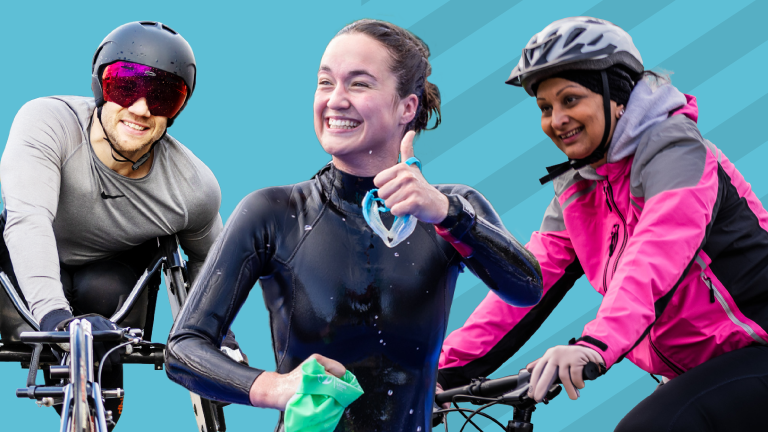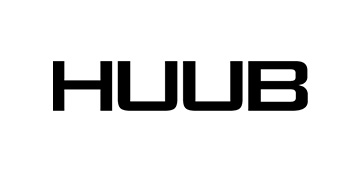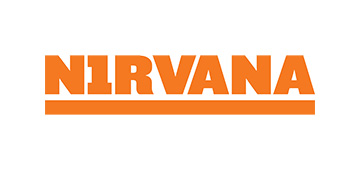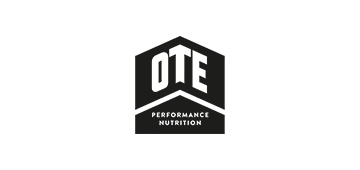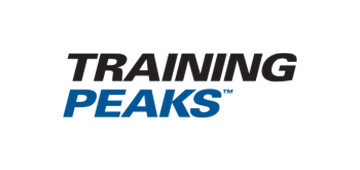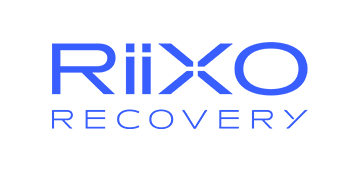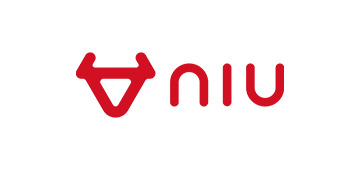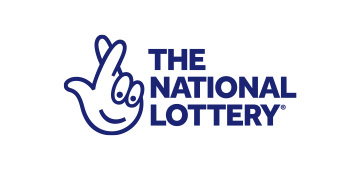Are you taking your recovery seriously after training? Find out with Helen Barklam.
Very few sports people take their recovery seriously enough, but it can have a huge impact on getting you fitter and stronger faster. Getting into a routine is the key and it will have an impact on your long term training regime, particularly if you are putting in a large number of training sessions for the longer distances.
Glycogen is used during exercise for energy and to power our muscles. It is important to replace the glycogen as soon as possible after exercising to help with muscle recovery, muscle repair and to allow us to have the energy to train again the following day.
There is a window whereby glycogen is replaced in the muscles at a more rapid rate, so it is important to try to use that window to your advantage.
A concentrated mix of protein and carbohydrates helps to replace glycogen stores at a quicker and more substantial rate than protein or carbohydrate alone.
The first 30 minutes post exercise is the most crucial as this is the time when glycogen can be replaced at the quickest rate. The sooner you eat after exercise the more efficient the replenishment of glycogen stores. This is where organisation comes in. A good quality protein shake blended with a non-dairy milk and some frozen or fresh fruit is a perfect recovery drink, and it is easy to blend up before training and have ready to consume on the way home or as soon as you get back. Being liquid, the nutrients from a shake can be absorbed much quicker and more efficiently post training when the digestive system can be sluggish. I always use a shake that contains enzymes to help the protein to be broken down in the body and used more efficiently for lean muscle development.
The glycogen replenishment rate is still fast up to two hours after exercise, so it is important to consume another more substantial carbohydrate/protein snack or meal within one to two hours of finishing your training.
Examples of post exercise snacks include:
• Jacket potato / sweet potato with tuna, baked beans or cottage cheese
• Scrambled egg and baked beans on wholegrain toast
• A granary / gluten free sandwich, bagel, pitta or wrap filled with tuna, chicken, turkey, cottage cheese, nut butter or an egg and salad
About Helen
Helen Barklam is a qualified nutritional therapist who works with sports clubs and athletes all over the country. Helen has consulted for GB triathletes, cyclists and runners, Premiership football clubs and Paralympic athletes, as well as amateur athletes from all different sports.
If you would like to know more information about nutrition and Helen's services, please contact her on 07917148900 or email Helen at helen@lifeloungeuk.com


